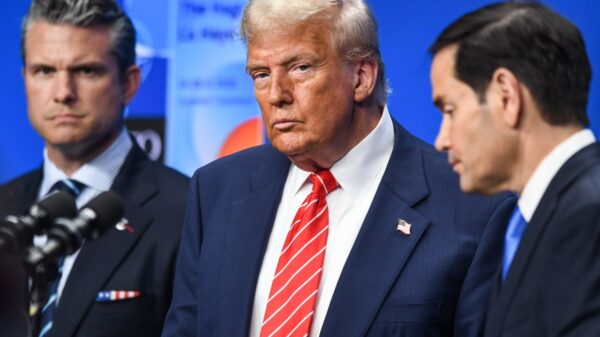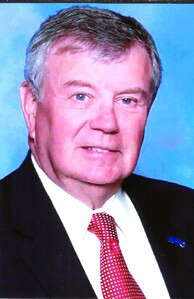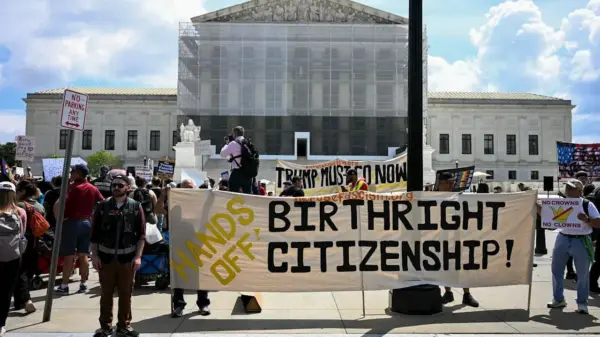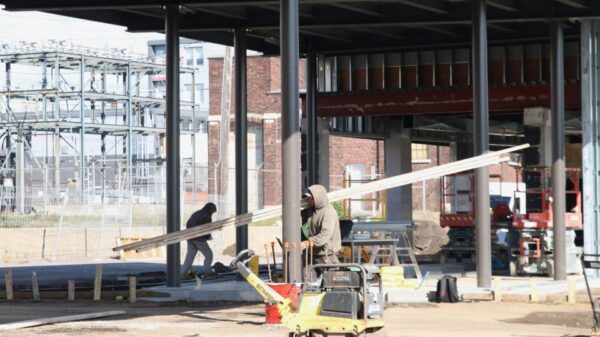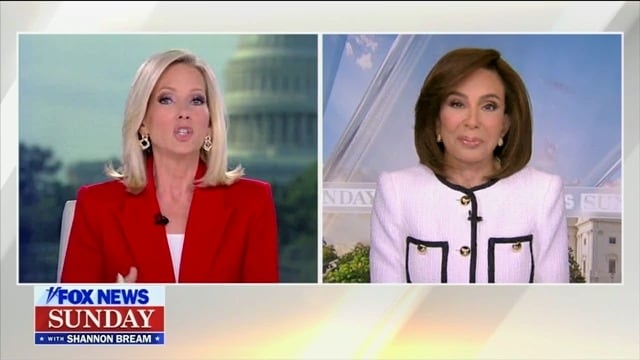UPDATE: Fox News host Shannon Bream confronted Jeanine Pirro, the U.S. Attorney for the District of Columbia, on live television regarding her failure to secure a grand jury indictment in a controversial case involving a man accused of throwing a sandwich at a Customs and Border Protection agent. The exchange occurred during Fox News Sunday, underscoring the ongoing tensions surrounding President Donald Trump‘s crime reduction agenda.
Bream challenged Pirro directly, referencing a recent headline from the Washington Post: “‘D.C. judges and grand jurors push back on Trump policing surge.’” She pointed out that despite the administration’s intensified crackdown on crime in Washington D.C., the grand jury declined to indict Sean Dunn, the man charged in the sandwich incident. “How does that factor into what you’re trying to do?” Bream pressed, highlighting the growing scrutiny of the effectiveness of Trump’s policies.
In response, Pirro attributed the grand jury’s decision to local jurors’ disconnect from the realities of crime in D.C. “They live in Georgetown or other affluent neighborhoods,” she claimed, suggesting that their perspectives hinder serious legal actions against crimes. She asserted her commitment to pursue the highest charges possible in alignment with the law, yet lamented that jurors “don’t take it so seriously.”
Pirro emphasized the impact of crime on local communities, stating, “My job is to protect the victim. We’re going to make the criminal accountable.” She articulated a vision to “turn this ship around” in response to what she described as a normalization of crime in the area. Her remarks come amid heightened public concern about the effectiveness of law enforcement under Trump’s policies, which have included deploying the National Guard to the city.
Notably, it is rare for a grand jury to decline felony indictments, as they typically rely exclusively on evidence presented by the prosecution. Dunn was ultimately charged with a misdemeanor, a decision that highlights the complexities surrounding crime and prosecution in urban areas.
Critics argue that Trump’s administration has fabricated a narrative of a crime epidemic to justify aggressive policing in predominantly Democratic cities. The implications of this incident resonate beyond the courtroom, reflecting broader societal concerns over crime, justice, and community safety.
As this story develops, observers are watching closely for further responses from both Pirro’s office and local advocacy groups who are concerned about the administration’s approach to crime and its impact on marginalized communities. The political stakes remain high as the nation grapples with the balance between safety and civil rights in urban settings.
Stay tuned for more updates as this situation unfolds.








